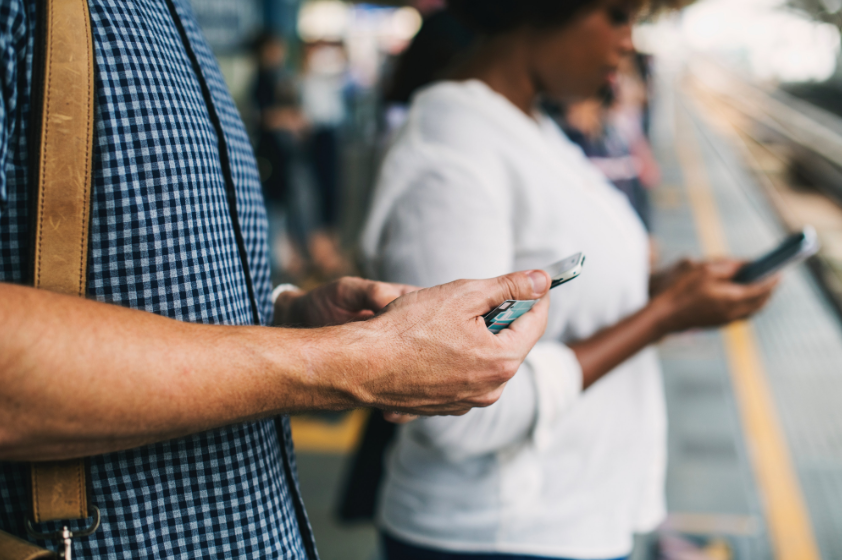
By Dr Rebecca McDonald, Lecturer in Economics
Department of Economics, University of Birmingham
[…] an app controlled by the NHS may provide the most promising solution for encouraging uptake and use, helping to end lockdown safely.
Contact tracing will be crucial to managing the UK’s release from lockdown in the wake of the COVID-19 pandemic. A mobile phone contact tracing app has enormous potential to help as it can quickly provide information about who an infected person has come into contact with, without having to rely on their memory. It can even identify contact between strangers.
The UK needs to choose between two approaches. In the centralised approach, data is stored and analysed by a central authority like the government or the NHS. The decentralised approach would see all the analysis happen remotely without any central coordination. Until recently, the UK has favoured the centralised approach, but recent reports suggest that they have changed track and will now use a decentralised model.
Which model of contact tracing is in the best interests of the public? Many experts in online privacy prefer the decentralised approach, because a centralised app could be vulnerable to misuse as lots of potentially personal information would be stored and accessible to the government. However, the centralised approach could be more effective, with more data available to organisations that are leading the efforts to control the virus.
Whatever the privacy debate concludes, one thing is clear: contact tracing apps can only work effectively if enough people download and use them. As such, understanding public attitudes to contact tracing is vital to informing the debate about who should run the UK’s app.
In a nationally representative survey of 2,167 members of the UK population, we uncovered that people would generally be prepared to use a centralised contact tracing app as long as it was run by the NHS, because this is an organisation they trust not to misuse their app data. This evidence suggests that the existing app, developed by NHSX, may enjoy more public support than many privacy experts fear.
However, we found that support for contact tracing apps depends on what data they use, and who that data is shared with. Many people want control over the types of data used by the app, with a significant proportion stating they would not use an app that they did not feel able to control.
At the heart of the debate is how society should balance legitimate concerns about privacy against the need to effectively control the pandemic. When asked directly, a majority of people said they would prefer to prioritise controlling the pandemic even if their privacy is compromised. However, a substantial minority think any loss of privacy would be too great a price to pay. Ensuring the privacy of those who are reluctant to opt in will be crucial, and keeping the app in the control of the NHS, whether it is based on a centralised or a decentralised model, may be one way to reassure them.
Whilst the final decisions about contact tracing in the UK must take account of expert advice from public health and cybersecurity experts, we believe that if contact tracing is to be a success, people’s attitudes, and their privacy concerns, must be addressed. The general public trust the NHS, and strongly support the NHS having control. On balance, an app controlled by the NHS may provide the most promising solution for encouraging uptake and use, helping to end lockdown safely.
This study was conducted by Dr Rebecca McDonald (University of Birmingham) and Prof Carsten Maple (WMG, University of Warwick). The full report is available here [https://github.com/carstenmaple/SpeakForYourself].
The views and opinions expressed in this article are those of the author and do not necessarily reflect the official policy or position of the University of Birmingham.
